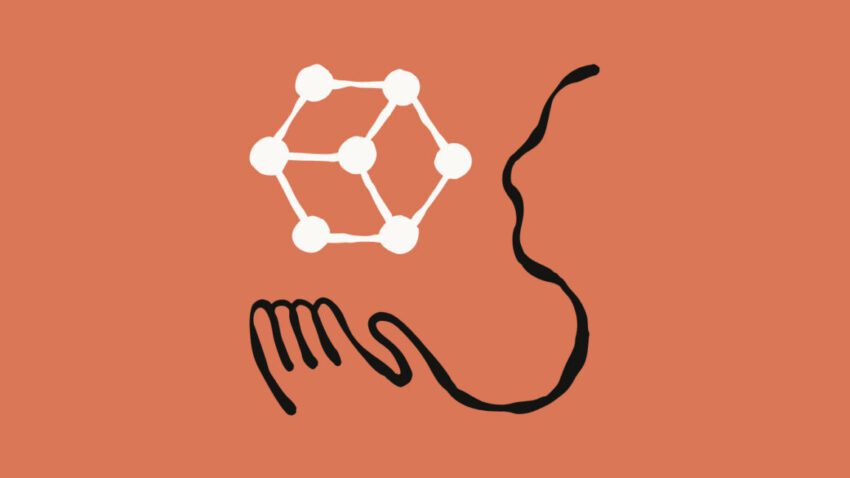
anthropic says its new ai model maintained Anthropic has unveiled its latest AI language model, Claude Sonnet 4.5, which the company claims is its most advanced model to date, showcasing significant improvements in coding and computational capabilities.
anthropic says its new ai model maintained
New Developments in AI Technology
On Monday, Anthropic introduced Claude Sonnet 4.5, a model that aims to push the boundaries of what AI can achieve in terms of maintaining focus and coherence over extended periods. Alongside this, the company also launched Claude Code 2.0, a command-line AI agent specifically designed for developers, and the Claude Agent SDK, a toolkit that enables developers to create their own AI coding agents.
One of the standout features of Claude Sonnet 4.5 is its ability to work continuously on complex, multi-step tasks for over 30 hours. This achievement is particularly noteworthy given that previous models have struggled with coherence over long durations. Anthropic did not disclose the specific tasks that Sonnet 4.5 managed to maintain focus on, but the implications of this capability could be significant for various applications in software development, data analysis, and more.
Challenges with Previous Models
Historically, AI models, including those developed by Anthropic, have faced challenges in maintaining coherence during prolonged tasks. As these models process information, they often accumulate errors, leading to a degradation in performance. This is particularly evident in agentic models, which are designed to perform tasks autonomously. In earlier iterations, such as the Claude 4.0 models, there were instances where the AI managed to play Pokémon for over 24 hours or refactor code for seven hours. However, these achievements were often accompanied by lapses in coherence as the models struggled to keep track of context over time.
The introduction of Claude Sonnet 4.5 marks a significant step forward in addressing these issues. By enhancing the model’s ability to maintain focus, Anthropic aims to provide a more reliable tool for developers and researchers who require sustained attention on complex tasks.
Understanding the Claude Family of Models
To appreciate the advancements made with Claude Sonnet 4.5, it is essential to understand the structure of the Claude family of AI models. Anthropic has developed three distinct models: Haiku, Sonnet, and Opus. Each model varies in size and capability, catering to different needs within the AI landscape.
- Haiku: The smallest model in the Claude family, last updated in November 2024 to version 3.5.
- Sonnet: The mid-range model, which received an update to version 4.0 in May 2025.
- Opus: The largest model, updated to version 4.1 in August 2025.
The size of these models, measured in parameters, is crucial for determining their overall performance. Parameters are the values stored in a model’s neural network, and they play a significant role in the model’s contextual depth and problem-solving capabilities. Generally, larger models can process more complex information and make more nuanced decisions. However, they also come with increased operational costs and slower processing times.
The Balance of Performance and Cost
AI companies like Anthropic are constantly seeking the optimal balance between performance and cost. While larger models can offer enhanced capabilities, they require more resources to run effectively. This has led to a focus on mid-range models like Claude Sonnet, which have proven to be effective for various applications without the prohibitive costs associated with larger models.
Claude Sonnet has successfully filled this role for Anthropic over the past two years, providing a reliable solution for developers and researchers who need a capable AI assistant without the drawbacks of larger models. The recent updates to Sonnet 4.5 further solidify its position as a leading choice in the AI landscape.
Implications for Developers and Researchers
The introduction of Claude Sonnet 4.5, along with Claude Code 2.0 and the Claude Agent SDK, presents several implications for developers and researchers. These tools are designed to enhance productivity and streamline workflows, particularly in coding and software development.
Enhanced Coding Capabilities
Claude Code 2.0, the command-line AI agent, is specifically tailored for developers who require assistance in coding tasks. By leveraging the capabilities of Claude Sonnet 4.5, this tool can help automate repetitive coding tasks, provide suggestions for code optimization, and even assist in debugging. This could lead to significant time savings for developers, allowing them to focus on more complex aspects of their projects.
The Claude Agent SDK further empowers developers by providing them with the tools needed to create custom AI coding agents. This flexibility allows organizations to tailor AI solutions to their specific needs, enhancing the overall effectiveness of their development processes.
Potential Applications Across Industries
The advancements made with Claude Sonnet 4.5 could have far-reaching implications across various industries. For instance, in the field of data analysis, the ability to maintain focus on multi-step tasks could enable AI to process large datasets more efficiently, leading to faster insights and decision-making.
In sectors such as healthcare, finance, and logistics, the ability to handle complex tasks over extended periods could improve operational efficiency and reduce the risk of errors. This could ultimately lead to better outcomes in patient care, financial forecasting, and supply chain management.
Stakeholder Reactions and Future Prospects
The release of Claude Sonnet 4.5 has garnered attention from various stakeholders in the AI community. Developers and researchers have expressed enthusiasm about the potential applications of the new model, particularly in enhancing productivity and streamlining workflows.
Industry analysts have noted that the ability to maintain focus for extended periods could set a new standard for AI models, potentially influencing the development of future models across the industry. As companies continue to invest in AI technology, the advancements made by Anthropic could serve as a benchmark for performance and reliability.
Looking Ahead
As Anthropic continues to innovate in the AI space, the focus will likely remain on enhancing the capabilities of its models while addressing the challenges that have historically plagued AI systems. The introduction of Claude Sonnet 4.5 is a significant step in this direction, and its success could pave the way for further advancements in AI technology.
In conclusion, the release of Claude Sonnet 4.5, along with its accompanying tools, represents a major milestone in the evolution of AI language models. By improving the ability to maintain focus on complex tasks, Anthropic is setting a new standard for what AI can achieve, with implications that extend across various industries and applications.
Source: Original report
Was this helpful?
Last Modified: September 30, 2025 at 6:38 pm
0 views















